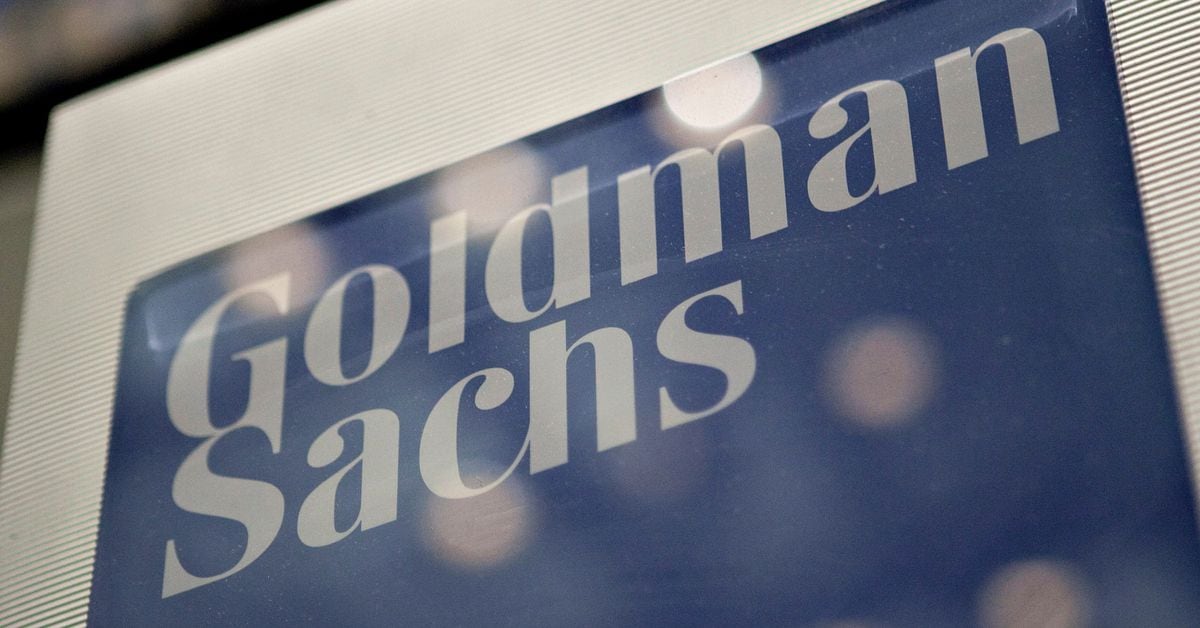BlackRock is on a tear towards claiming the top spot as the world’s largest Bitcoin fund manager, transitioning from initial doubts about cryptocurrencies to setting ambitious goals in the cryptocurrency industry.
Stepping Up in the Crypto Industry
BlackRock launched its spot Bitcoin exchange-traded fund (ETF) just four months ago and has already scooped up an impressive $16.7 billion in assets.
This fast-paced growth places it a whisker away from overtaking Grayscale, the current leader, who holds a ten-year advantage and manages $28 billion.
This isn’t BlackRock’s only venture in the field. The company has also kicked off the fastest-growing tokenized Treasury fund.
This new fund is catching on quickly with crypto hedge funds and market makers, who are now using it as collateral for trading various cryptocurrencies.
It is a big change from just seven years ago when BlackRock’s CEO, Larry Fink, famously criticized Bitcoin as merely an “index of money laundering.”
But at the spot ETF’s unveiling in January, Fink had changed his tune, proclaiming his bullish stance on Bitcoin’s long-term viability and its critical role in the financial market’s tech revolution.

BlackRock’s Strategic Edge
BlackRock didn’t just stumble into the crypto scene; it has been methodically laying the groundwork. The asset manager has reaped the benefits from the U.S. Securities and Exchange Commission’s recent nod in January to allow ETFs that directly invest in Bitcoin—a major change from previous years of rejection.
But that’s not all.
BlackRock has been bolstering its position in the crypto market through various strategic moves. It backed the platform Securitize in a $47 million fundraising round alongside Tradeweb and Hamilton Lane. This platform uses tokens to symbolize assets, marking a new era of asset management.
Furthermore, two years back, BlackRock made a minority investment in Circle, the entity behind USDC, the world’s second-largest stablecoin.
This investment shows BlackRock’s belief in stablecoins’ potential as reliable cryptos tied to stable assets like the US dollar.
Rob Goldstein, BlackRock’s COO, commented on the firm’s strategic patience and focus on bringing institutional-quality services to the blockchain ecosystem, emphasizing the importance of not rushing the process.
March saw BlackRock launching a tokenized Treasury fund on a public blockchain, Ethereum, allowing all participants to monitor trades on a digital ledger.
This fund, dubbed the BlackRock USD Institutional Digital Liquidity fund, or Buidl, has swiftly eclipsed its rival, Franklin Templeton’s tokenized fund, by attracting $382 million against Franklin’s $368 million.
This innovation allows traders and prime brokers to access high-quality collateral necessary for trading cryptocurrencies. Unlike most stablecoins, which don’t offer yields, Buidl provides returns to its holders, enhancing its attractiveness.
Meanwhile, the State of Wisconsin Investment Board has made a significant move by investing nearly $100 million in BlackRock’s iShares Bitcoin Trust, a clear sign of institutional trust in BlackRock’s ETF.
This ETF has quickly become a favorite among institutional investors, demonstrating remarkable liquidity which is crucial for attracting large-scale investments.
Eric Balchunas, a senior ETF analyst at Bloomberg Intelligence, noted that landing investments from pension funds is a tough feat, akin to “landing a sailfish.”
Their quick buy-in into IBIT speaks volumes about its strong market performance and liquidity, potentially paving the way for more institutional involvement in cryptocurrency investments.





